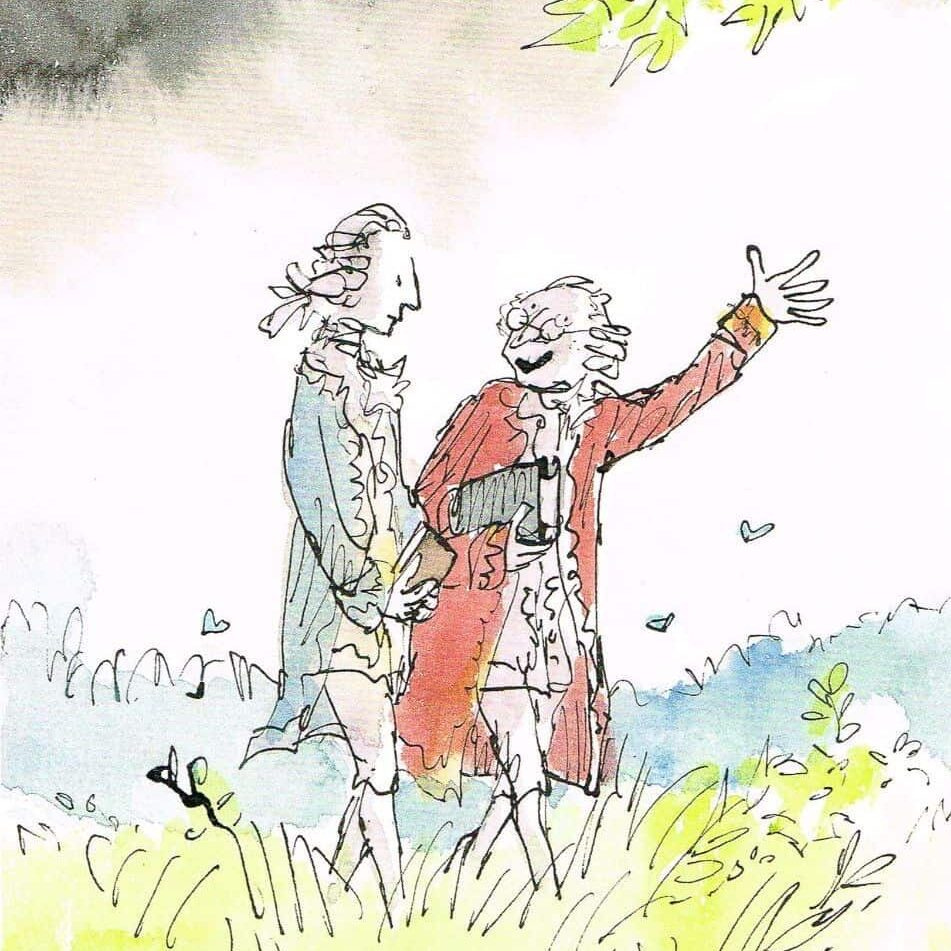The 1759 novella Candide by the French philosopher Voltaire is one of the most impactful books I have read in the past five years. The book mainly satirizes, dissects and debunks the philosophy (of Leibniz) that states: all is for the best in the moral and physical world and that nothing could be otherwise than it is. The idea is questioned throughout the book in a majestically savage way, where the main character Candide tries to find support for his inherent optimism of human beings living in “the best of all possible worlds” while witnessing a world full of horror and folly.
What would you rather subscribe to? The notion of all is marvelously well and the misfortunes are merely the shadows on a beautiful big picture OR all is misery and illusion?
Voltaire, through Candide’s absurdly tragic journey does not merely dismantle Leibniz’s blind optimism. Instead, he constructs a third path, one that neither denies life’s brutality nor succumbs to the nihilistic despair. In the book’s conclusion, “Il faut cultiver notre jardin,” emerges not as a surrender to futility, but as an act of defiance: a philosophy of resilience. Voltaire shifts the locus of meaning from grand metaphysical debates to the tangible, the immediate, and the actionable.
Il faut cultiver notre propre jardin. // We must cultivate our own garden.
The garden becomes a metaphor for the sphere of influence we can realistically nurture in our lives. This is Voltaire’s antidote to existential paralysis: purposeful occupation. Voltaire’s garden isn’t about dreaming up a perfect world or fixing humanity’s endless flaws. It’s about turning away from those grand, impossible plans and choosing instead to care for the small patch of life we can actually touch or influence meaningfully. He doesn’t want us to shrug and do nothing, he rather wants us to work hard, but close to home. Focus on your own corner: tend it, fix it, love it. That’s how we stay sane, he argues. Not by obsessing over strangers’ chaos or the world’s mess, but by digging into what’s right here, in our hands.
For me, this philosophy transcends 18th-century satire. In an era of globalized anxiety, where we are bombarded with crises beyond our control, Candide’s garden offers liberation. It is a call to invest in what we can truly shape: relationships, creative projects, communities, or even the literal soil beneath our feet. During a period of personal overwhelm, I found solace in this idea. I began writing (tending to my substack garden) not to publish a masterpiece, but to till my own mental plot, sentence by sentence. The garden teaches us that hope is not found in the world’s perfection, but in the stubborn act of sowing seeds despite knowing storms will come.





